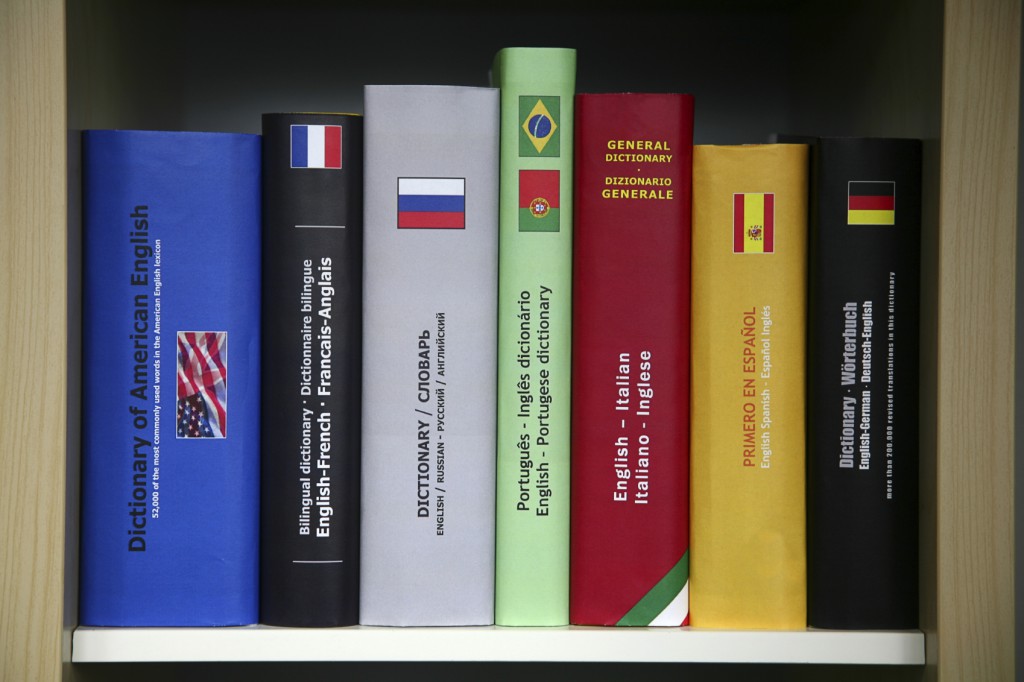Searching for that perfect word or phrase to use in your writing can be a frustrating endeavour. The thesaurus isn’t turning up anything that quite captures what you’re trying to express and you know the perfect word choice is just beyond your reach. You need something with that certain je ne sais quoi.
That’s right, the French language came to my rescue as I struggled to make a point in English. As writers we are so lucky to be able to call upon not only centuries of cultural and historical references in our writing, but on the words and phrases of foreign languages, too! If the common list of English idioms or clichés just isn’t cutting it anymore, why not take a look outside of the English language instead?
Here are fifteen highly effective foreign words and phrases to borrow the next time you need to go outside the norm to make your point.
1) Malaise
Origin: French
Meaning: A general sense of feeling unwell or uncomfortable
2) Ad Nauseam
Origin: Latin
Meaning: Repeated or overdone so often that it is annoying (literally, to the point of nausea)
3) Je Ne Sais Quoi
Origin: French
Meaning: “I don’t know what” – used when you just can’t quite put your finger on something, or to describe an intangible quality
4) Wanderlust
Origin: German
Meaning: A desire to travel
5) Amok
Origin: Malay
Meaning: To behave uncontrollably and disruptively, typically used with “to run”
6) Alfresco
Origin: Italian
Meaning: Outdoors (usually to describe a dining location)
7) Blitzkrieg
Origin: German
Meaning: A rapid-fire, offensive attack (like the World War Two London bombings)
8) Tabula Rasa
Origin: Latin
Meaning: Literally, a blank slate – used to describe a fresh, unspoiled opportunity
9) Zeitgeist
Origin: German
Meaning: The spirit or outlook of a particular time or generation
10) Esprit de Corps
Origin: French
Meaning: Spirit of a group; collective morale
11) Hoi Polloi
Origin: Greek
Meaning: The many, the masses, the common people (similar to the proletariat, from Latin)
12) Persona Non Grata
Origin: Latin
Meaning: An unacceptable or unwanted person
13) En Masse
Origin: French
Meaning: All together; in a large group
14) Smörgåsbord
Origin: Swedish
Meaning: A wide range or variety of something (originally of hot and cold meats)
15) Aficionado
Origin: Spanish
Meaning: Literally, someone who inspires affection – it refers to someone who is very knowledgeable or enthusiastic about a subject or activity
About Paperblanks®: At Paperblanks, we believe that art should have a place in all aspects of life. That’s why we follow the artist’s way in everything we do – creating, crafting and releasing designs we believe have the power to touch people. For more about Paperblanks, go to our website at paperblanks.com.






Grammar police reporting: the Swedish buffet table is actually written “smögåsbord” but yes I know, those letters do not exist in the keyboard unless one’s using Scandinavian keyboard layout 🙂
We hear you loud and clear, Grammar Police – and it’s much appreciated! How can we expect to impress someone with a fancy foreign word, if we don’t have the authentic spelling?
Thanks for the tip. We have corrected it in the post 🙂
You missed an R 😉
It’s “smörgåsbord”. And if you need to write characters that don’t exist on your keyboard, some have hotkeys, for example Ž can be written by holding ALT and pressing 0142. If you’re using MS Word, you can hop over to the Insert tab, choose Symbol > More Symbols, and you’ll get a list of all the characters you can use, which includes the various alphabets and symbols like ♥♦♣♠.
Fun fact: “smörgåsbord” literally translates to sandwich table. Even more fun: “smör” means butter and “gås” means goose. Why do we call our sandwiches buttergeese? Because when churning butter chunks of it would bob to the surface and drift around like geese, and those chunks were perfect for spicing up a slice of bread.
The Spelling Police are out today!
In our defense, we just copied and pasted the previous Spelling Police’s suggestion, and you will see that it’s missing the “r,” too! Bad proofreading on our part, though.
Thanks for the etymology lesson, too. “Butter goose” actually doesn’t sound like that bad of a sandwich 😉
The post has been updated (again).
Actually, “Wanderlust” is the desire to go hiking.
“Reiselust” is the desire to travel.
What is used more regularly in German is “Fernweh” which is the desire to travel (to foreign countries).
Hi Isabell,
You are quite right that the etymological history of “wanderlust” brings it back to “a desire to hike.” However, we think it is safe to say that today’s common usage would indicate a desire to wander or travel more generally so both meanings can apply 🙂
Thanks,
The Paperblanks Team